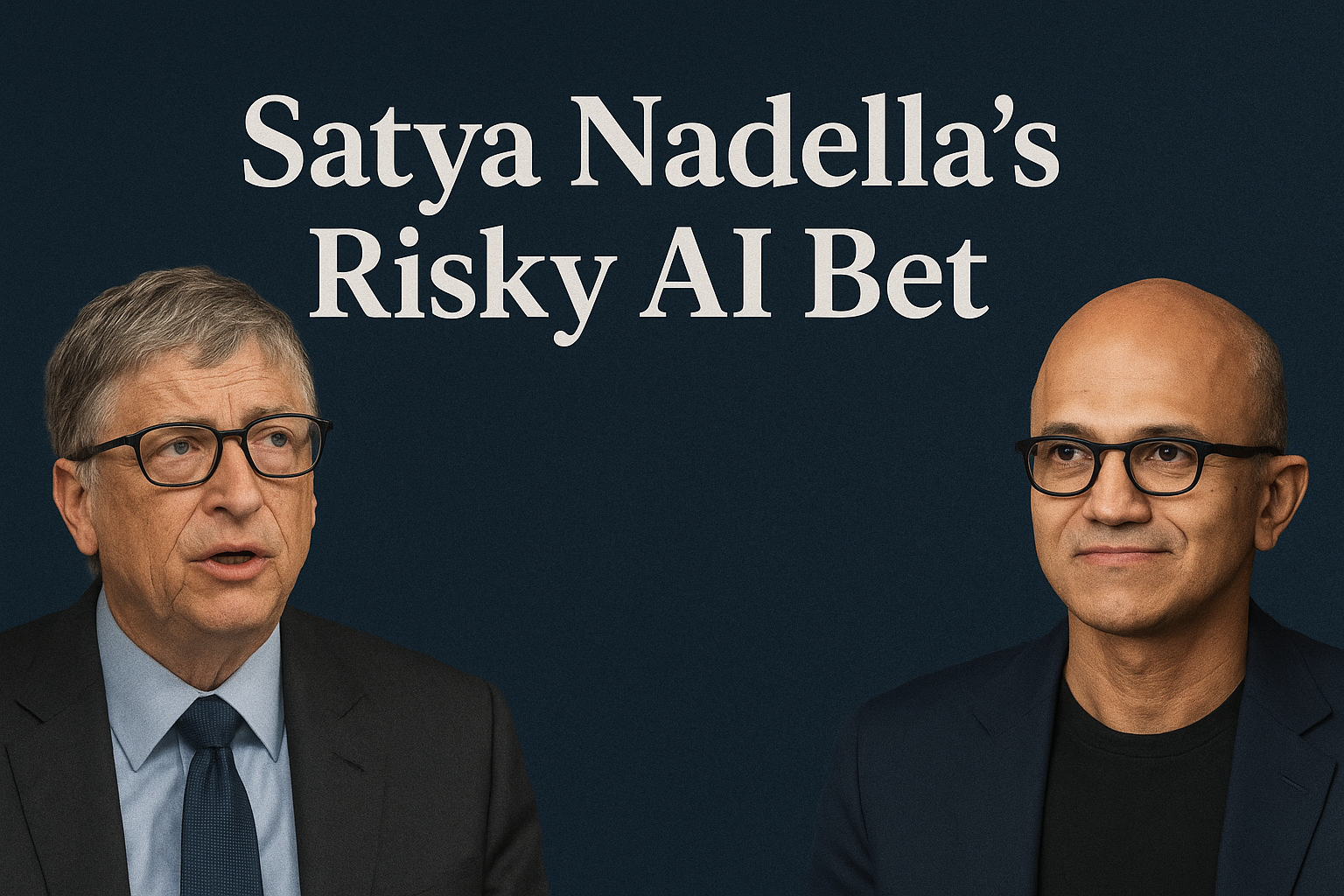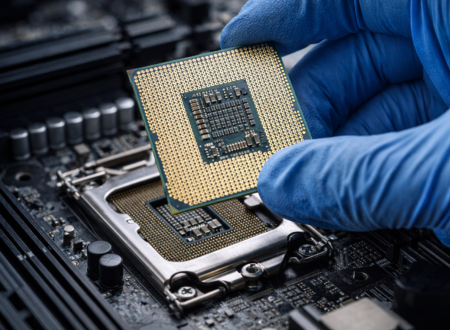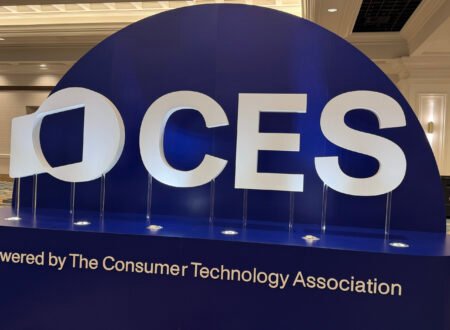Bill Gates Warned Satya Nadella He’d ‘Burn a Billion Dollars’ on OpenAI — Microsoft’s Gamble Turned Into a 100x Win
In the world of technology investment, even the sharpest minds can disagree. Few decisions in recent history prove this better than Microsoft’s billion-dollar gamble on OpenAI, the company behind the widely known ChatGPT. It was a bet so audacious that even Microsoft co-founder Bill Gates—one of the world’s most successful technology investors—was highly skeptical.
According to Microsoft CEO Satya Nadella, Gates had a blunt warning about the initial $1 billion commitment: “I think you know Bill even said ‘you’re going to burn this billion dollars.'”
Gates’s caution came from a place of deep experience. Throwing a billion dollars at an unproven, high-risk research effort—even in the promising field of artificial intelligence—is an easy way to simply watch money disappear. Nadella, however, saw a potential future few others did and was willing to accept what he called a “little bit of high risk tolerance.”
That tolerance for risk has delivered one of the greatest returns in modern corporate history. What began as a $1 billion investment is now valued at approximately $135 billion, giving Microsoft a massive 27% stake in OpenAI. For every dollar Microsoft originally put in, they’ve seen it grow 135 times over—a financial home run.
From a Simple Email to a Billion-Dollar Deal
The partnership didn’t start with a high-stakes meeting or a grand strategy session; it began with a humble request.
Nadella’s relationship with Sam Altman, the CEO of OpenAI, dates back to 2016, not long after the AI research group was first established. At the time, OpenAI needed computing power for their early work and were already using Microsoft’s cloud service, Azure. Nadella recalled the initial request for help even came from an unexpected place: “I think Elon [Musk] sent me the email asking for Azure credits,” he noted, referring to one of OpenAI’s original founders.
This early cooperation established a foundation. By 2019, Altman approached Microsoft with a much bigger vision: a need for monumental resources to scale up their research and develop the next generation of AI. Recognizing that this was the moment to lead, Microsoft made its initial $1 billion investment.
For Microsoft, a company that has been obsessed with the potential of natural language and AI since the early days of Microsoft Research, this was a chance to finally seize the future. Nadella knew that if OpenAI was going to “take a run” at building world-changing AI, Microsoft needed to be right alongside them.
The Global AI Deal of the Decade
The partnership has since blossomed into a full-blown strategic alliance that solidifies Microsoft’s position as a leader in the global AI race.
Under the latest agreement, the stakes—and the numbers—are staggering. Microsoft’s 27% ownership makes it the single most important financial backer of the AI company. In return for this stake, Microsoft has secured an incredible competitive advantage: they are designated as OpenAI’s “frontier model partner,” with exclusive rights to the technology and its development tools until the ultimate form of thinking AI (known as Artificial General Intelligence) is independently confirmed. Microsoft’s rights to this technology are currently extended through the year 2032.
The deal also provides a massive boost to Microsoft’s own cloud business. OpenAI has committed to purchasing an astonishing $250 billion in Azure cloud services. This guarantees that Microsoft will be the company providing the essential computing power—the digital muscle—required to run OpenAI’s powerful tools, including ChatGPT and its successors, for years to come.
This transformation from a skeptical billion-dollar risk to a $135 billion financial powerhouse is a clear lesson in vision. While Bill Gates viewed the initial investment as potentially being “burned,” Satya Nadella correctly identified a moment of rare opportunity. His willingness to take a chance on a futuristic idea has not only reshaped Microsoft but has fundamentally altered the landscape of the technology industry, proving that sometimes, the greatest reward comes from tolerating the greatest risk.





